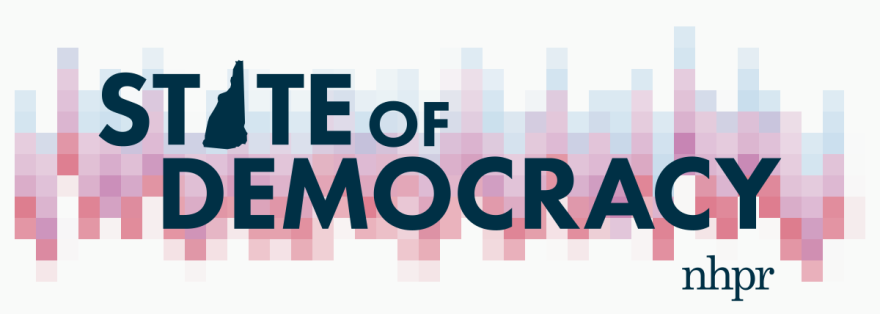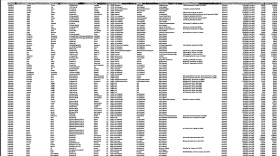What are the limits on presidential campaign funding? Can I really spend whatever I want to help my candidate get elected?
Yes, but it depends on how many candidates you want to support and who spends your money.

If you give directly to a single candidate, you’re limited to $5,400 in contributions per two-year election cycle – at least for federal elections (Individual states can regulate fundraising for state-level races). Until last year, you could support as many candidates as you liked, as long as you spent no more than $48,000 in total.
Related: Where the 2016 Candidates Stand on Money in Politics
That changed with the Supreme Court’s ruling in McCutcheon v. FEC. The decision allows you to back candidates in every House and Senate race on the ballot, anywhere in the country. So, for instance, if you wanted to give the maximum contribution to every Democrat running for Congress or Senate in a given year, you could spend as much as $2.5 million.
You can give another $66,800 to your candidate’s national party committee per cycle, plus another $10,000 each to your state and local party committees.
Federal rules limit individual donations to traditional political action committees, or PACs – those organized to directly assist your candidate’s election campaign – to $5,000 per year.
But if the sky is truly the limit, there are options, starting with Super PACS….
What are Super PACs and why are they important?
Super PACs are the product of two landmark court rulings.
The Supreme Court’s 2010 decision in Citizens United v. FEC overturned the ban on independent expenditures – that is, spending that is not coordinated with a particular campaign – by corporations and unions that want to influence the outcome of an election.

Story: Campaign Finance Reformers Find Voice on 2016 Trail
Later that year, a federal appeals ruled in Speechnow.org v. FEC that political action committees could raise unlimited sums as long as they did not contribute to or coordinate their activities with candidates or political parties.
The result was Super PACs, which allowed so-called outside groups with unlimited power to raise and spend money. These fundraising vehicles now dominate federal election campaigns.
Super PACS continue to evolve, and ahead of the 2016 presidential campaign they are stretching the boundaries of campaign-finance law.
For example, watchdog groups have accused Jeb Bush, Martin O’Malley, Rick Santorum and Scott Walker of delaying their announcements to run for president, while acting as candidates in everything but name. This lets them get around regulations that forbid campaigns from coordinating with the Super PACs that support them.
In another novel approach, a Super PAC aligned with Republican candidate Carly Fiorina has announced it will take on many of the traditional functions of the candidate committee, including voter contact and event management.
What is “dark money?”
If you want to contribute to a political candidate, but don’t want to share that information with your neighbors, open your wallet to a “social welfare organization.”
These tax-exempt groups are primarily 501 (c)(4)s and 501 (c)(6)s, after the sections of the tax code that define them. They are allowed to participate in some political activity – including bankrolling political ads that advocate for or against specific candidates - although how much is too much has never been made clear.
Unlike candidate campaigns, parties, PACs and Super PACs, politically active nonprofits don’t have to disclose their donors, which is why they call their expenditures “dark money.”
Since Citizens United, the number of these groups has exploded. According to the Center for Responsive Politics, more than $300 million spent in the 2012 election went unreported, shielded from view by IRS regulations.
Does any of this matter? Do big donors really have more influence?
According to the Supreme Court, whose decision over the past five years have dismantled just about every post-Watergate campaign-finance regulation, then answer is no.
In his majority opinion in the Citizens United decision, Justice Anthony Kennedy wrote:
“This Court now concludes that independent expenditures, including those made by corporations, do not give rise to corruption or the appearance of corruption. That speakers may have influence over or access to elected officials does not mean that those officials are corrupt. And the appearance of influence or access will not cause the electorate to lose faith in this democracy.”
But at least two political scientists aren’t so sure.
In “Testing Theories of American Politics: Elites, Interest Groups, and Average Citizens,” Martin Gilens of Princeton and Benjamin Page of Northwestern analyzed two decades of policy outcomes.
Their conclusion? “Economic elites and organized groups representing business interests have substantial independent impacts on U.S. government policy, while mass-based interest groups and average citizens have little or no independent influence.”







